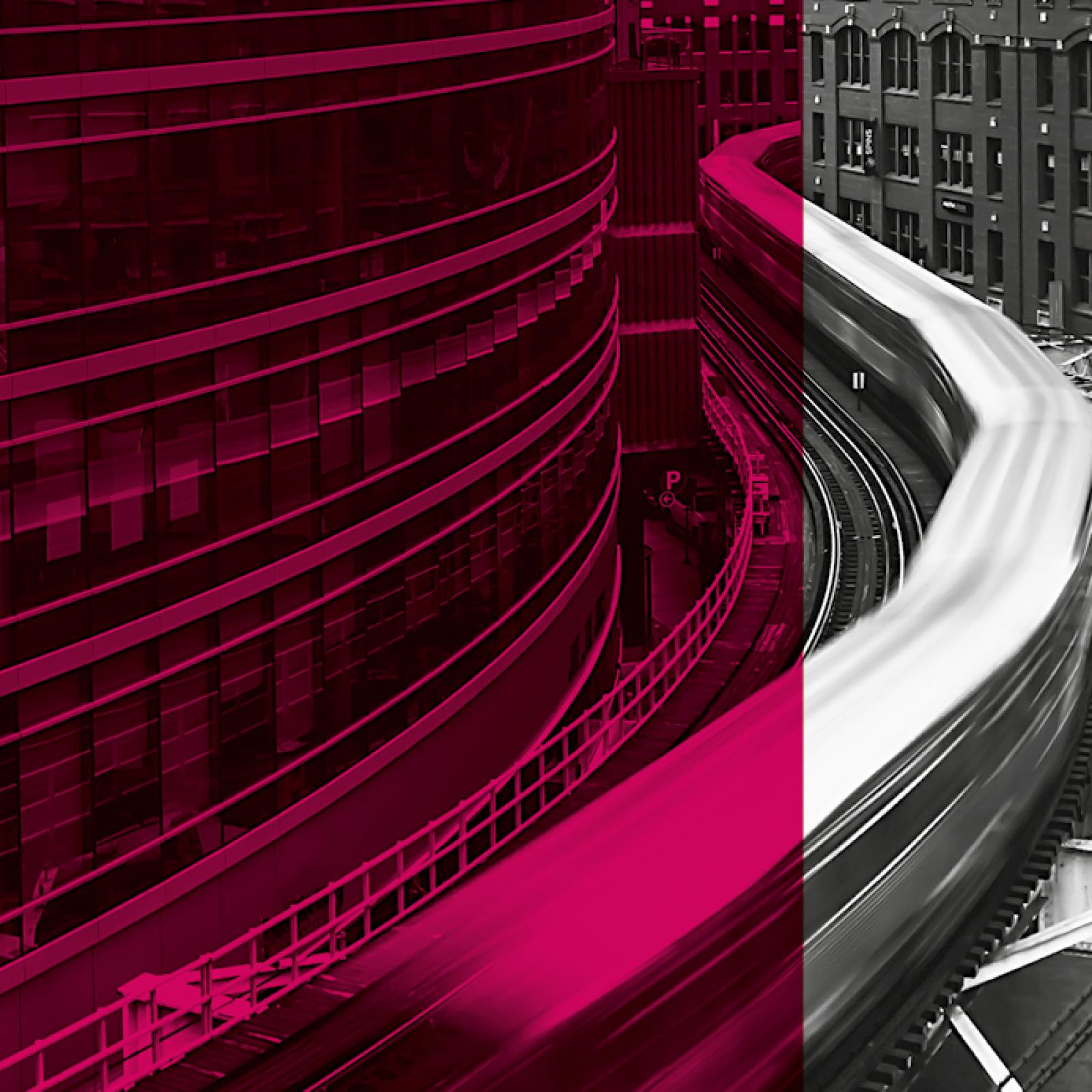Empower urban transport authorities to build back better from COVID-19, urges report

Transport authorities can play their part in shaping a positive legacy of COVID-19 for the UK’s city regions, provided they are given both the funding and powers they need to respond to the challenges that lie ahead.
In its new paper, published on the eve of the Party Conference season and ahead of the Government’s Comprehensive Spending Review, the Urban Transport Group sets out how transport authorities can build back better from the COVID-19 pandemic whilst decarbonising urban transport.
The report, Building back better on urban transport, argues that a green and just recovery from the pandemic will not be possible without public transport and that incremental policy change is insufficient to meet the UK’s decarbonisation goals.
It urges Government to give transport authorities enhanced and stable long-term capital and revenue funding, as well as greater devolved powers, to support such a recovery.
The report says: If the right policy choices are made now, we can transition to a decarbonised urban transport provision which will support the aspirations of our city regions to become happier, healthier, fairer and more prosperous places.
Stephen Edwards, Chair of the Urban Transport Group and Executive Director of South Yorkshire Passenger Transport Executive, said:
“Transport authorities proved their mettle in response to the COVID-19 pandemic by keeping the wheels of public transport turning, getting key workers where they needed to be during the lockdown, and have since helped city regions to get back on their feet during the initial recovery phase.
“But to truly build back better from this crisis, they need the longer term funding certainty and powers necessary to respond adroitly and at scale to the challenges ahead, including climate change. This requires the same radical approach to policy change that we witnessed during the pandemic.”
The paper sets out what building back better means for urban transport, such as a big increase in active travel, particularly for shorter journeys; simple and affordable public transport fares; an accessible, rapid and reliable public transport network; decarbonised urban vehicle fleets; and green and smart logistics.

